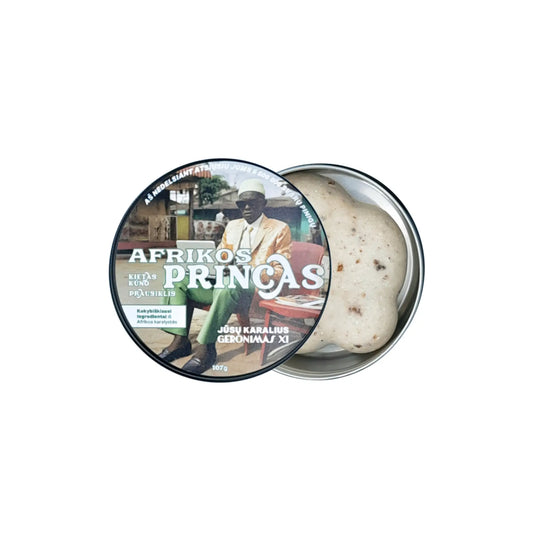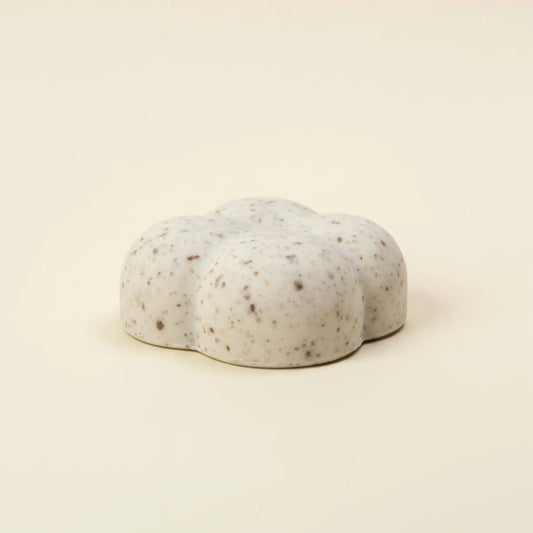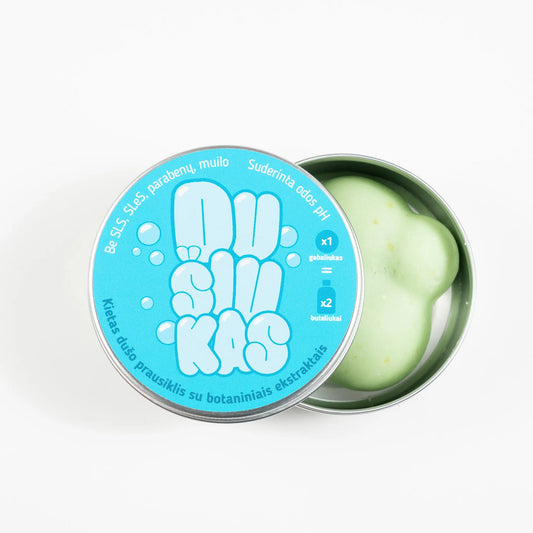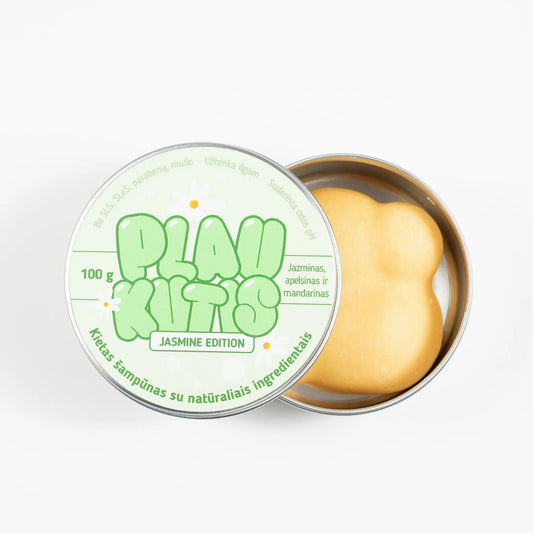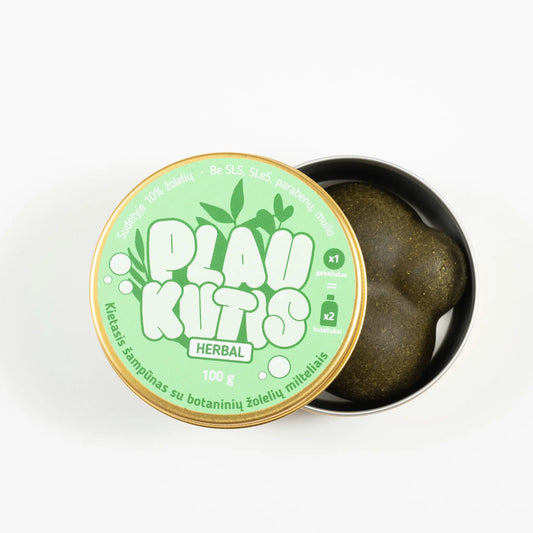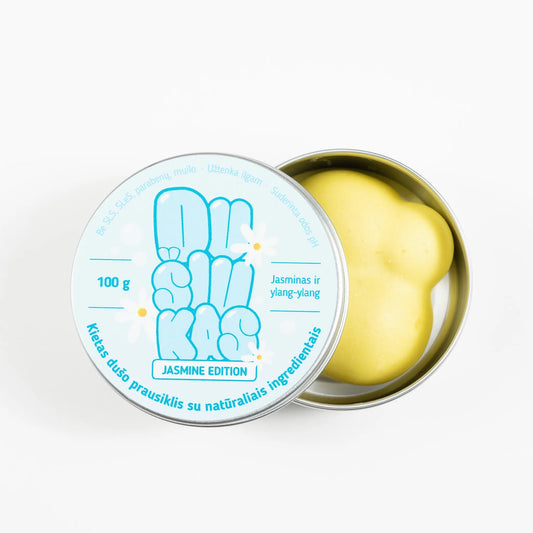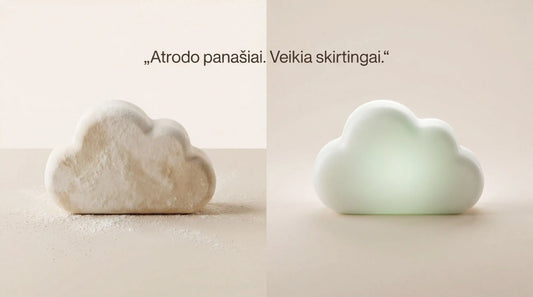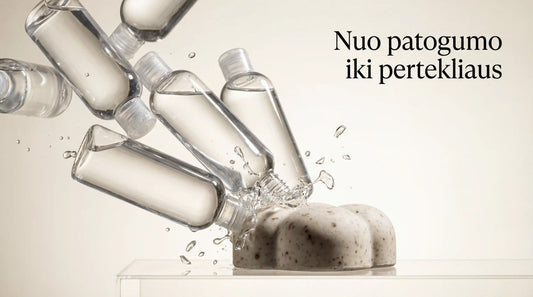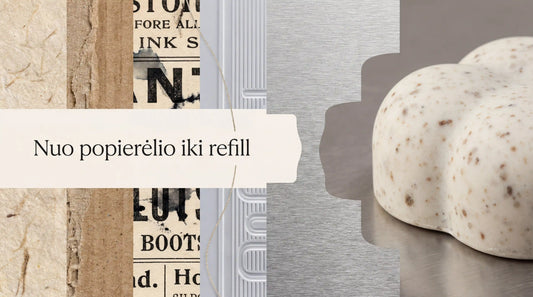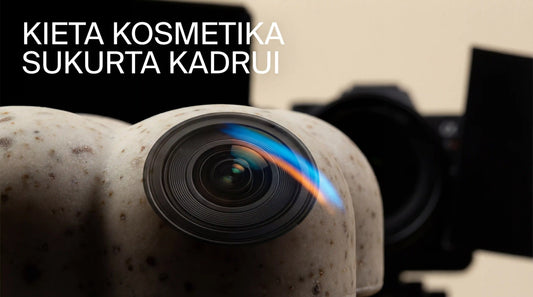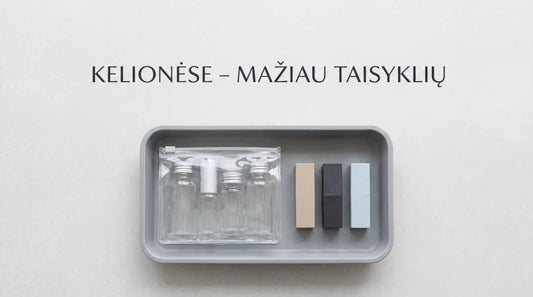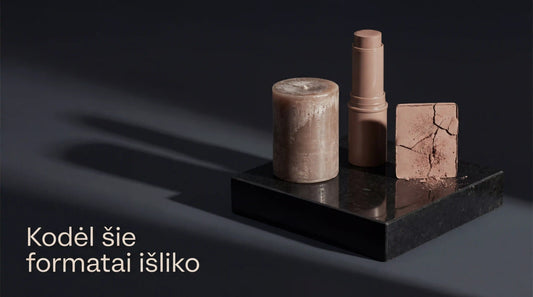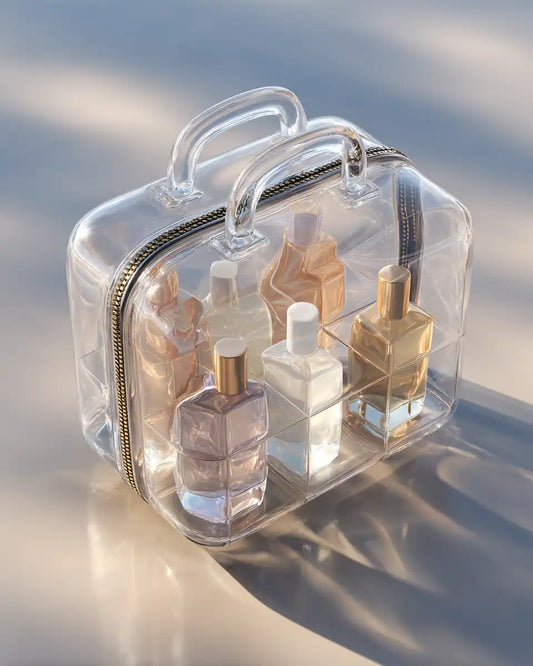Zinc is one of those essential minerals that doesn't always get the attention it deserves, especially when it comes to beauty and health. But did you know that zinc plays a key role in keeping your hair healthy and strong? From aiding cell regeneration to promoting scalp health, zinc is a real game-changer for anyone looking to maintain luxurious, healthy hair.
If you're dealing with thinning hair, excessive hair loss, or an unhappy scalp, low zinc levels may be part of the problem. Understanding the importance of zinc for hair growth can help you take the right steps toward healthier, shinier hair.
The role of zinc in promoting hair growth
Zinc is an important player in the hair growth cycle. One of its main functions is to aid in protein synthesis , which is essential for the production of keratin —the protein that makes up the majority of your hair. If your body is deficient in zinc, it has difficulty producing this protein , which can leave your hair weak, brittle, and more prone to breakage.
Did you know that keratin makes up about 95% of your hair? Without adequate zinc, the production of this essential protein slows down, which can leave your hair looking dull and weak. Zinc is also vital for the production of DNA and RNA , which are essential for healthy cell division in hair follicles.

Another important aspect of zinc is how it supports the health of your hair follicles . Hair follicles are like the foundation of your hair, and keeping them healthy is key to strong hair growth. Zinc helps support the activity of the oil glands around your hair follicles , which keeps your scalp hydrated. This means that with adequate zinc levels, you are less likely to experience dry, flaky scalps or problems like dandruff. In turn, a healthy scalp provides the best environment for hair growth.
Zinc also acts as an antioxidant , helping to combat oxidative stress, which can damage hair follicles. In our modern world, stress, pollution, and even certain beauty treatments can contribute to oxidative damage. Zinc's antioxidant properties help protect your follicles from this damage , allowing your hair to grow healthier and stronger. A study published in the Journal of Dermatological Science found that people with higher zinc levels had 25% less signs of oxidative damage in their hair follicles compared to those with lower zinc levels.

Zinc and Keratin Production for Hair Growth
Keratin is the building block of your hair , and without it, your hair wouldn't be able to maintain its structure or strength. Zinc's role in keratin production is a big reason why it's so important for hair growth . It's like a scaffolding system that holds everything together. Without enough zinc, keratin production slows down , and you may start to notice changes in your hair—like it becoming thinner, weaker, or more prone to splitting.
In fact, studies have shown that people with alopecia (a condition that causes hair loss) often have lower zinc levels compared to those without hair loss. Increasing zinc levels in these individuals has been shown to improve keratin production , which in turn can lead to improved hair growth and strength. One study in the Annals of Dermatology found that 70% of participants with alopecia saw an improvement in hair growth after 12 weeks of zinc supplementation.

How Zinc Protects Against Hair Follicle Dysfunction and Scalp Problems
Healthy hair follicles are the foundation of strong, beautiful hair. Zinc is essential for these follicles to function properly. One way it does this is by supporting the proper activity of the oil glands in your scalp . If your scalp doesn’t produce enough natural oils, it can lead to dryness, irritation, and even inflammation —all of which can disrupt the normal hair growth cycle.
Did you know that about 50% of adults experience dandruff at some point in their lives? Zinc helps regulate oil production , reducing the likelihood of dandruff and providing a healthier environment for your hair follicles. Zinc also has anti-inflammatory properties , which can help soothe an irritated scalp. For people who experience conditions like seborrheic dermatitis or even psoriasis, zinc can be a helpful element in managing symptoms and maintaining a healthier scalp. By maintaining balanced oil production and reducing inflammation , your hair follicles have the ideal environment they need to continue producing healthy hair.

Zinc deficiency and hair loss
Zinc deficiency is a common problem that many people don't even realize they have. This deficiency can cause a variety of problems, including thinning hair, increased hair loss, and even alopecia . When your body lacks zinc, hair follicles can weaken , which disrupts the hair growth cycle. Hair enters the telogen phase (resting phase) prematurely , leading to increased hair loss and slower regrowth.
According to the World Health Organization (WHO) , about 17% of the world's population is at risk of zinc deficiency , especially in regions where the diet lacks zinc-rich foods. One of the first signs of zinc deficiency is often changes in your hair. It may start to look dull, lifeless, and thinner than usual. You may also notice increased breakage or hair that doesn't grow as fast as it used to. These changes occur because zinc is vital for cell regeneration . Without it, the cells in your hair follicles can't regenerate properly, making your hair weak and slow-growing.
Studies have shown that people with low zinc levels are more likely to experience various forms of hair loss , including pattern baldness. In one study published in the International Journal of Trichology , researchers found that participants with alopecia had significantly lower zinc levels than those without the condition. This suggests a strong link between zinc and healthy hair growth.

How to address zinc deficiency for hair health
If you are experiencing a zinc deficiency , there are several ways to increase your levels and support healthy hair growth. One of the easiest ways is to adjust your diet to include more zinc-rich foods . Here are some great sources:
- Meat: Beef, lamb, and pork are excellent sources of zinc.
- Seafood: Oysters are especially rich in zinc, but crab and shrimp are also good choices. Fun fact: Oysters have more zinc per serving than any other food , with one serving providing more than 500% of the recommended daily intake.
- Seeds: Pumpkin seeds , sesame seeds, and sunflower seeds are excellent plant-based sources of zinc. Pumpkin seeds, in particular, contain about 7 mg of zinc per 100 grams , making them a convenient snack to help boost your intake.
- Legumes: Chickpeas, lentils, and beans contain zinc, although the absorption rate of these sources is lower compared to animal products.
It’s important for vegetarians and vegans to note that phytates —a compound found in whole grains and legumes—can interfere with zinc absorption . To maximize your zinc intake from plant-based sources, try soaking or sprouting legumes and seeds before eating them. Pairing them with foods rich in vitamin C can also help increase zinc absorption . A study in the American Journal of Clinical Nutrition found that soaking legumes can increase zinc absorption by 50-60% , making it a valuable step for those who rely on plant-based sources.

Zinc supplements are another option, especially if you have difficulty getting enough zinc from your diet alone. It’s important to choose the right supplement and dosage. Most health experts recommend about 8-11 mg of zinc per day for adults , but needs may vary depending on individual circumstances. Always consult your healthcare professional before taking supplements , as too much zinc can cause adverse effects, such as nausea or interfere with the absorption of other essential minerals. A study in the Journal of Nutrition and Health Sciences found that individuals taking more than 40 mg of zinc per day experienced symptoms such as nausea and headaches , highlighting the importance of proper dosage.
Myth busting: Interesting facts about zinc and hair health
- Myth 1: Zinc works overnight - While zinc can significantly improve hair health, it is not a quick fix . It often takes several months of consistent zinc use to see significant improvements in hair growth and strength.
- Myth 2: Only older people need zinc - Zinc is important for people of all ages . In fact, younger women often need more zinc due to factors like menstruation, pregnancy, and breastfeeding, which can deplete zinc stores. According to the National Institutes of Health (NIH) , about 30% of young women may have insufficient zinc levels .
- Myth 3: More zinc means more hair - Excessive zinc intake can actually cause health problems, including hair loss . It's important to maintain a balance, and more is not always better.
- Fact 1: Zinc Boosts Immunity - In addition to helping your hair, zinc is also a powerful immune booster . A healthy immune system can indirectly support healthier hair by reducing stress and inflammation.
- Fact 2: Zinc deficiency is common - Zinc deficiency affects about 17% of the world's population , especially in developing countries where dietary intake may be lower. In the United States, about 12% of the population may not get enough zinc , with even higher rates among older adults.

Practical tips for maintaining optimal zinc levels
- Include zinc-rich foods in your daily diet. Aim to include a variety of zinc-rich foods—both animal and plant-based—to maintain balanced levels.
- Avoid inhibitors: Phytates found in grains can reduce zinc absorption. Try soaking beans and seeds or eating fermented foods to increase bioavailability.
- Pair with vitamin C: Adding vitamin C-rich foods to zinc-rich meals can improve absorption. For example, eat a spinach salad with lemon juice or have bell peppers nearby.
- Use supplements wisely: If you choose to take a zinc supplement, stick to the recommended dosage and consult your doctor . Too much zinc can cause problems like copper deficiency or digestive problems. The Journal of Trace Elements in Medicine and Biology suggests maintaining a balance between zinc and copper intake, as high zinc levels can interfere with copper absorption.
FAQs about zinc and hair health
- How long does it take to see results from using zinc for hair growth? It usually takes about 3-6 months of consistent zinc use to see significant improvements in hair growth and strength. Patience is key.
- Can zinc deficiency cause permanent hair loss? In most cases, hair loss due to zinc deficiency is not permanent . Once zinc levels are restored, hair usually begins to grow back, although it may take several months.
- Is it better to get zinc from food or supplements? It is generally better to get zinc from food sources because they are more easily absorbed by the body. Supplements can be used if dietary intake is not sufficient.
- Can I take zinc daily? Yes, but make sure you don't exceed the recommended daily allowance . For adults , 8-11 mg per day is usually sufficient, but always check with your healthcare professional.
- Are there any side effects of taking zinc supplements? Too much zinc can cause nausea, headaches, and digestive problems . It can also interfere with other nutrients, such as copper, so it's important to take it in moderation .

Conclusion: The importance of maintaining optimal zinc levels for hair health
Zinc is the unsung hero when it comes to hair growth . It plays a vital role in keeping hair follicles healthy, supporting keratin production, and maintaining a balanced scalp. If you're experiencing thinning or hair loss, it's worth considering whether your zinc levels are where they should be .
Whether through diet or supplementation , maintaining optimal zinc levels can make a big difference in the health, strength, and appearance of your hair. Remember, balance is key —too much zinc can be just as problematic as too little. By understanding zinc’s role in hair health , you can take effective steps to achieve the strong, beautiful hair you deserve.
